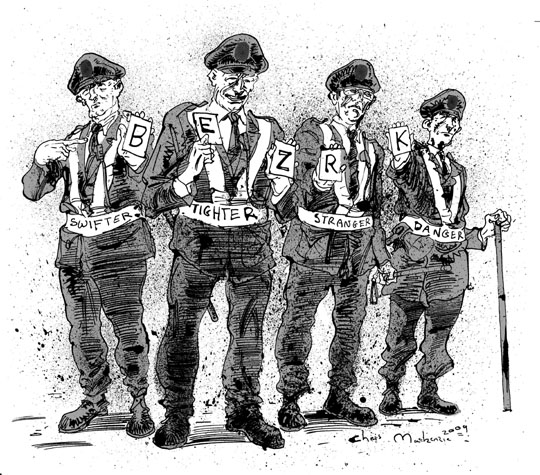When the Japanese government first issued alien registration cards (aka gaijin cards) in 1952, it had one basic aim in mind: to track "foreigners" (at that time, mostly Korean and Taiwanese stripped of Japanese colonial citizenship) who decided to stay in postwar Japan.
Gaijin cards put foreigners in their place: Registry is from age 16, so from a young age they were psychologically alienated from the rest of Japanese society. So what if they were born and acculturated here over many generations? Still foreigners, full stop.
Even today, when emigrant non-Japanese far outnumber the native-born, the government tends to see them all less as residents, more as something untrustworthy to police and control. Noncitizens are not properly listed on residency registries. Moreover, only foreigners must carry personal information (name and address, personal particulars, duration of visa status, photo, and — for a time — fingerprints) at all times. Gaijin cards must also be available for public inspection under threat of arrest, one year in jail and ¥200,000 in fines.



